The Role Of Blockchain In Modern Education Systems
In the rapidly evolving technological landscape, blockchain has emerged as a pivotal innovation beyond its initial association with cryptocurrencies. According to TronWeekly's article titled "The Role Of Blockchain In Modern Education Systems," this technology is now being integrated into various sectors, including education, to enhance transparency, security, and efficiency in learning environments.
Blockchain functions as a decentralized digital data storage system where information is stored in blocks interconnected through cryptography. This ensures that data cannot be altered or deleted once recorded. Such characteristics make it an ideal solution for managing student records and certificates by automating processes like diploma verification without bureaucratic hurdles.
A significant advantage of incorporating blockchain into educational systems lies in global access to knowledge. As online education expands, blockchain can facilitate platforms enabling seamless sharing of courses and certifications across institutions worldwide. Furthermore, it addresses issues such as certificate forgery by creating unique digital records that are easily verifiable by employers.
The automation potential offered by smart contracts within blockchains simplifies administrative tasks significantly—ranging from student registration to attendance monitoring—and allows educational institutions to focus more on enhancing teaching quality rather than paperwork management.
An innovative application includes revolutionizing grading systems; using blockchain provides transparent evaluation methods ensuring test results remain unchanged thus eliminating doubts about grade authenticity while protecting intellectual property rights effectively against plagiarism threats faced frequently today among researchers globally who benefit immensely due diligence provided via these technologies' capabilities when safeguarding their work integrity throughout project developments undertaken professionally over time periods involved therein accordingly too!
Despite numerous benefits outlined above, there are challenges associated primarily with installation costs and privacy concerns related to storing large amounts of personal sensitive details securely given current technological limitations. These need to be addressed satisfactorily. Hopefully, sooner rather than later, in an optimally best-case scenario. Ultimately, achieving the desired outcome successfully and fully realized is the goal.
Sources:















